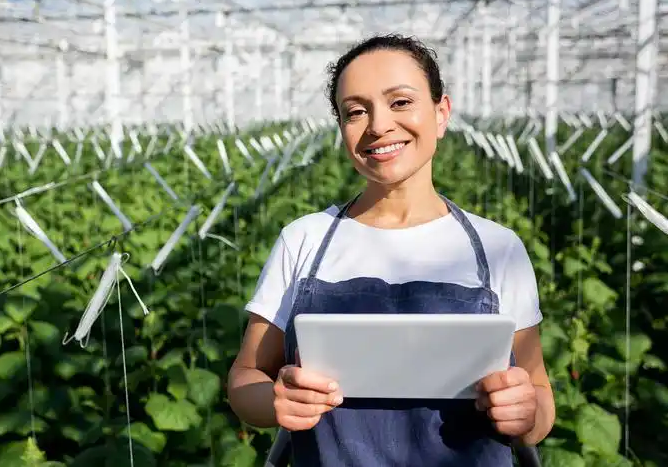Why More African and Middle Eastern Countries Are Investing in Greenhouse Agriculture
10/10/2025
Hongqiangsheng
In recent years both African and Middle Eastern countries have increasingly turned to greenhouse agriculture as a solution to food security climate challenges and economic development Traditional farming faces constraints from extreme weather water scarcity and soil degradation Greenhouses offer a controlled and efficient environment that can revolutionize agricultural production
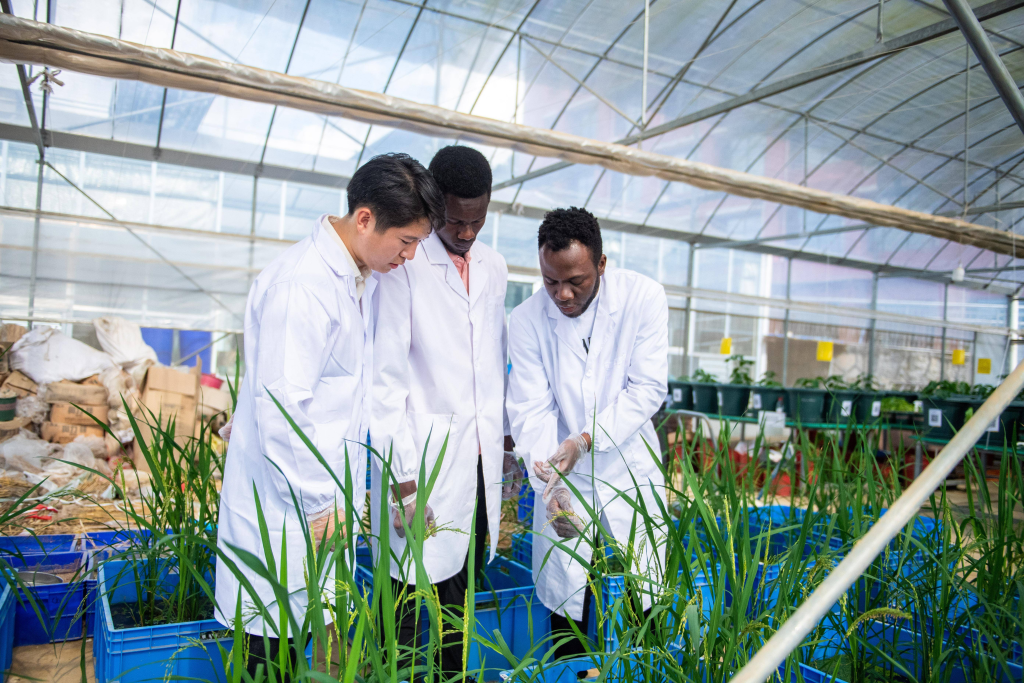
1 Addressing Climate Challenges
Many regions in Africa and the Middle East experience extreme temperatures prolonged droughts and unpredictable rainfall
Open-field farming is often high-risk with low yields and significant crop losses
Greenhouse technology allows farmers to create a controlled microclimate regulating temperature humidity and light ensuring stable crop production throughout the year
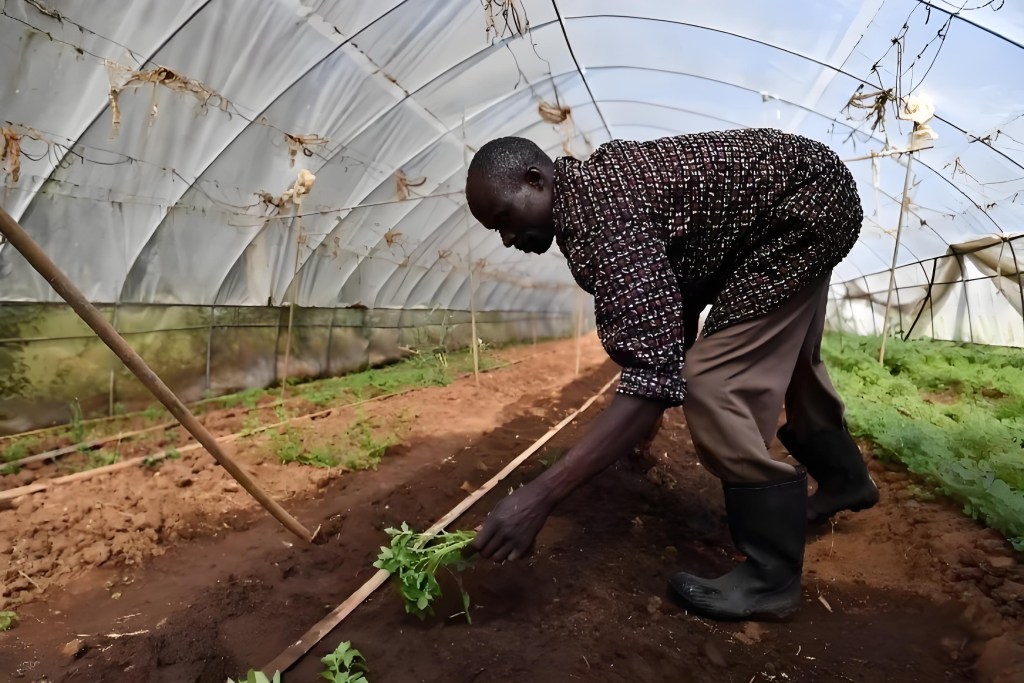
2 Improving Food Security
Rapid population growth in Africa and the Middle East has increased the demand for fresh fruits vegetables and other essential crops
Local production often cannot meet these needs due to climate and land limitations
Investing in greenhouses helps countries reduce dependency on imports improve self-sufficiency and provide fresh high-quality produce to local markets
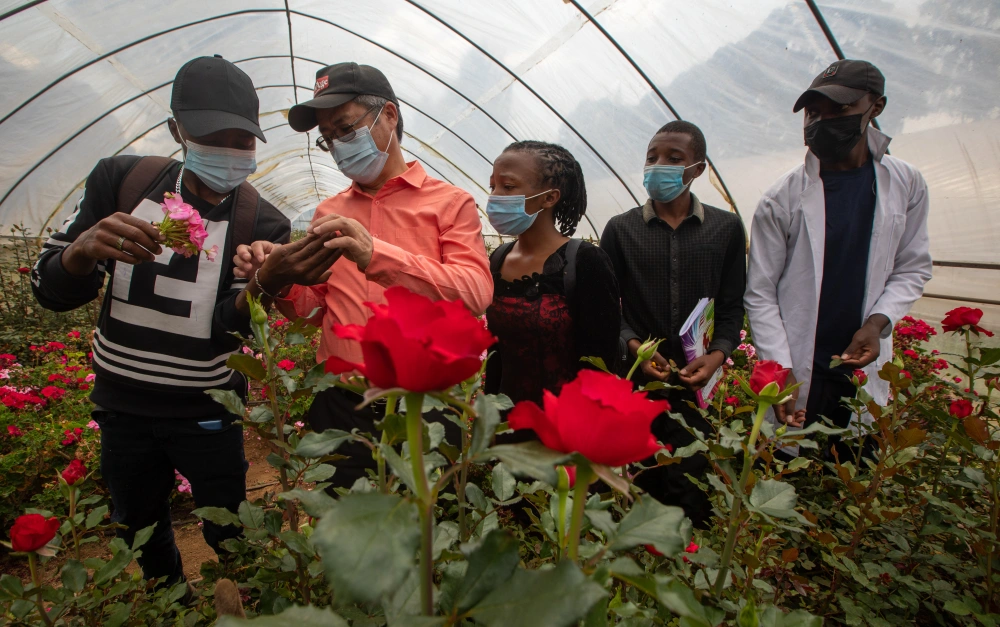
3 Maximizing Water and Resource Efficiency
Water scarcity is a major challenge in many African and Middle Eastern countries
Greenhouses combined with drip irrigation water recirculation and hydroponic systems can reduce water consumption by up to 60–70 percent compared to traditional farming methods
Efficient use of land and resources also enables higher yields on smaller plots which is important in densely populated or arid regions
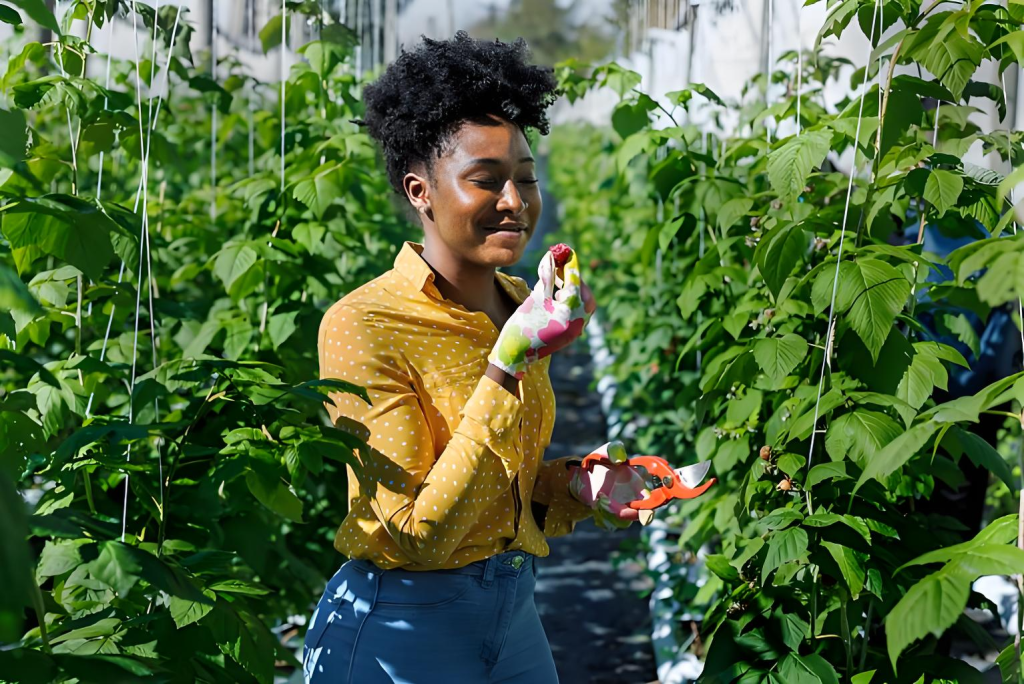
4 Enhancing Economic Opportunities
Greenhouse agriculture creates new employment opportunities in construction maintenance and farm operations
It also encourages local entrepreneurship investment in agricultural technology and integration with global supply chains
Countries see greenhouse projects as strategic investments to boost rural economies attract foreign investment and modernize agriculture
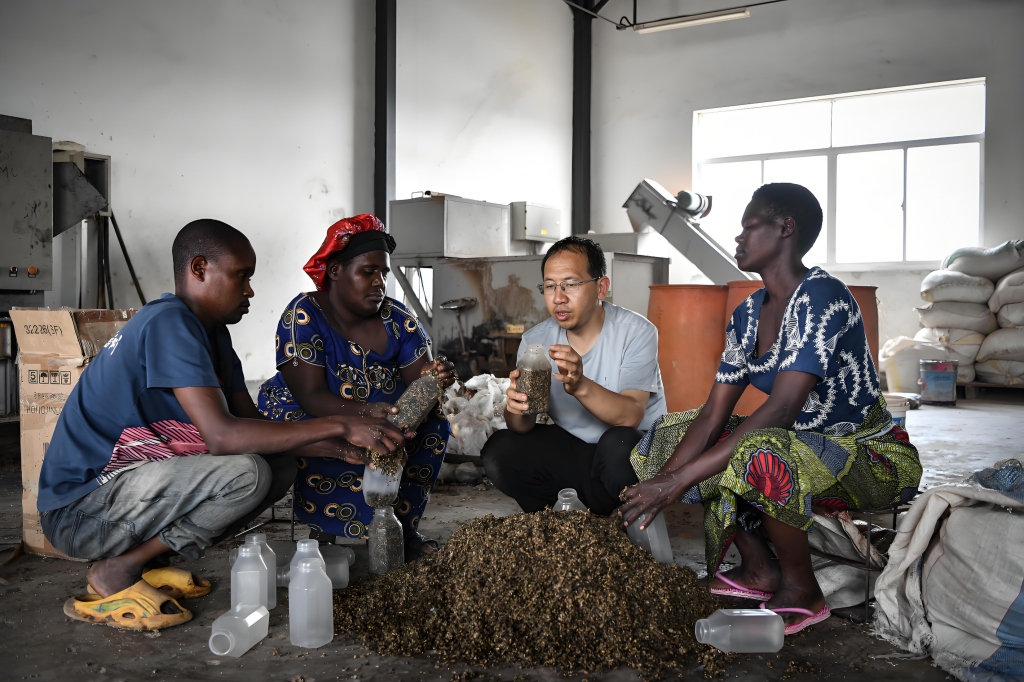
5 Technology and Knowledge Transfer
International collaboration with experienced greenhouse manufacturers allows local farmers to adopt advanced growing technologies including smart climate control systems automated irrigation and fertilization hydroponics and vertical farming
This technology transfer accelerates agricultural modernization and builds local expertise for sustainable farming practices
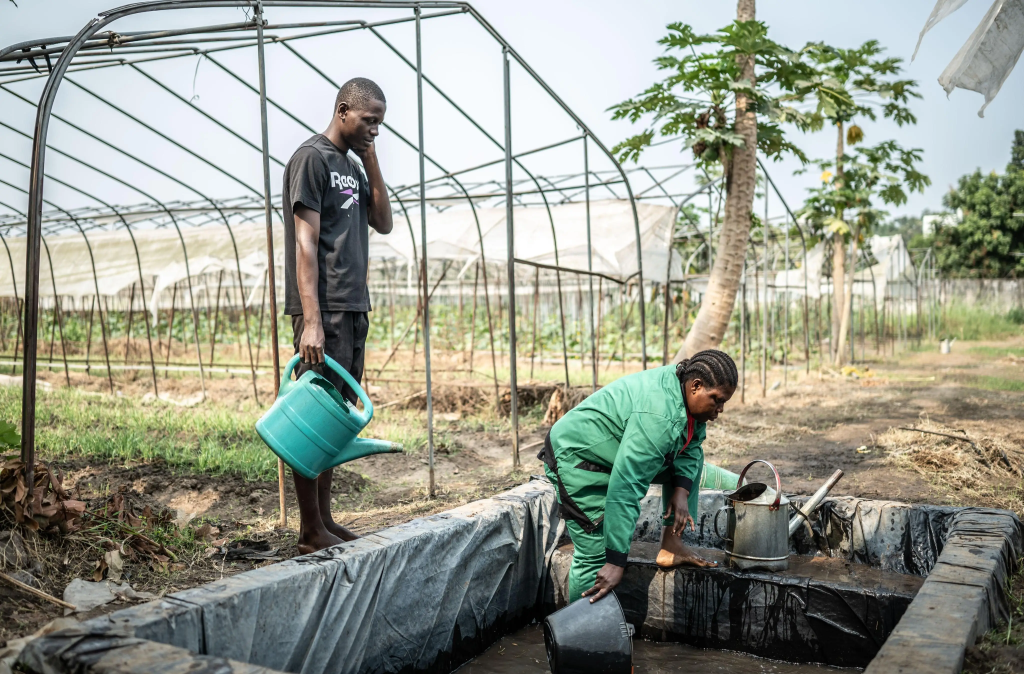
African and Middle Eastern countries are investing heavily in greenhouse agriculture because it addresses climate challenges enhances food security conserves resources and stimulates economic growth
With modern greenhouse technologies these countries can produce more food with fewer resources reduce import dependency and build a resilient agricultural sector that supports long-term sustainability


